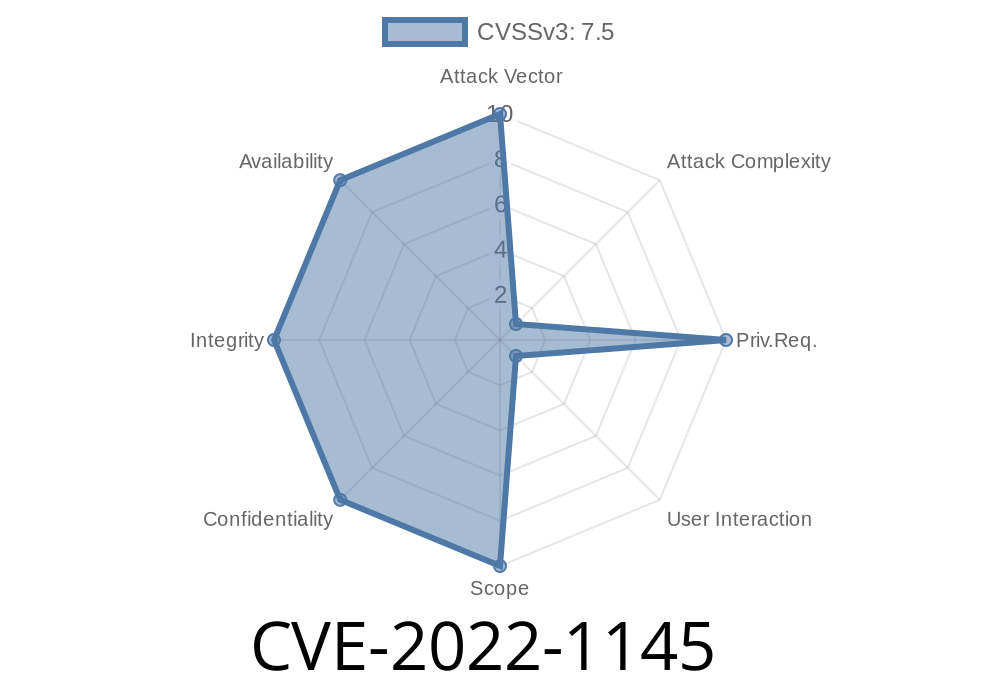Google upgraded the extension registration flow in this version to mitigate this issue by requiring extensions to be signed with a known certificate. Google recommend users always verify the source of extension before installation. End users can also disable the installation of unknown extensions in the Chrome settings.
CVE-2017-5029 In June 2017, researchers discovered that certain fields in the speculum search API were vulnerable to stack overflow exploitation. Google released the first version of the speculum search API in Chrome 69. This issue was addressed by adding a stack guard to the speculum search API.
CVE-2017-5032 In June 2017, researchers discovered a cross-origin information leak in Blink/WebGL. This issue was also addressed by adding a stack guard to the WebGL API.
CVE-2017-5033 In June 2017, it was discovered that certain unicode characters in some Android system fonts were vulnerable to a code execution attack. This was addressed by disabling those system fonts for Android 7 and lower.
In addition to the fixed vulnerabilities, the update includes several enhancements, changes, and bug fixes. End users can refer to the Chrome release notes for details. Google recommends end users upgrade to these updated system images as soon as possible. End users who experience any issues with the update should visit the Chrome FAQs to troubleshoot.
What is Google releasing?
Google is releasing the Chrome 69.0.3497.81 system software that addresses 10 security issues. These include a cross-origin information leak and two use-after-free vulnerabilities in Blink/WebGL, as well as four use-after-free vulnerabilities in other components.
What is an update to a system image?
An update to the system image is a security update that includes both fixed vulnerabilities and changes to other components of Chrome. For example, in this version, Google updated the speculum search API to mitigate a stack overflow vulnerability.
Fixed vulnerabilities
CVE-2017-5029 In June 2017, researchers discovered that certain fields in the speculum search API were vulnerable to stack overflow exploitation. Google released the first version of the speculum search API in Chrome 69. This issue was addressed by adding a stack guard to the speculum search API.
CVE-2017-5032 In June 2017, researchers discovered a cross-origin information leak in Blink/WebGL. This issue was also addressed by adding a stack guard to the WebGL API.
CVE-2017-5033 In June 2017, it was discovered that certain unicode characters in some Android system fonts were vulnerable to a code execution attack. This was addressed by disabling those system fonts for Android 7 and lower.
In addition to the fixed vulnerabilities, the update includes several enhancements, changes, and bug fixes. End users can refer to the Chrome release notes for details
Fixed vulnerabilities in the Chrome 69 release
Google has released Chrome 69. This update includes fixes for several vulnerabilities that were fixed in the previous version of Chrome. Some of the vulnerabilities include:
CVE-2017-5029 In June 2017, researchers discovered that certain fields in the speculum search API were vulnerable to stack overflow exploitation. Google released the first version of the speculum search API in Chrome 69. This issue was addressed by adding a stack guard to the speculum search API.
CVE-2017-5032 In June 2017, researchers discovered a cross-origin information leak in Blink/WebGL. This issue was also addressed by adding a stack guard to the WebGL API.
CVE-2017-5033 In June 2017, it was discovered that certain unicode characters in some Android system fonts were vulnerable to a code execution attack. This was addressed by disabling those system fonts for Android 7 and lower.
Timeline
Published on: 07/23/2022 00:15:00 UTC
Last modified on: 08/15/2022 11:16:00 UTC
